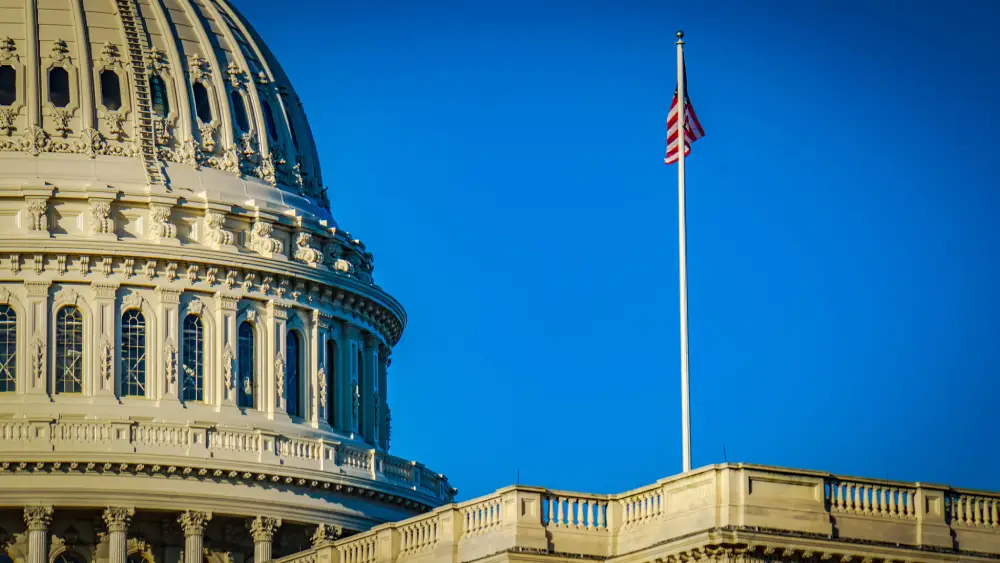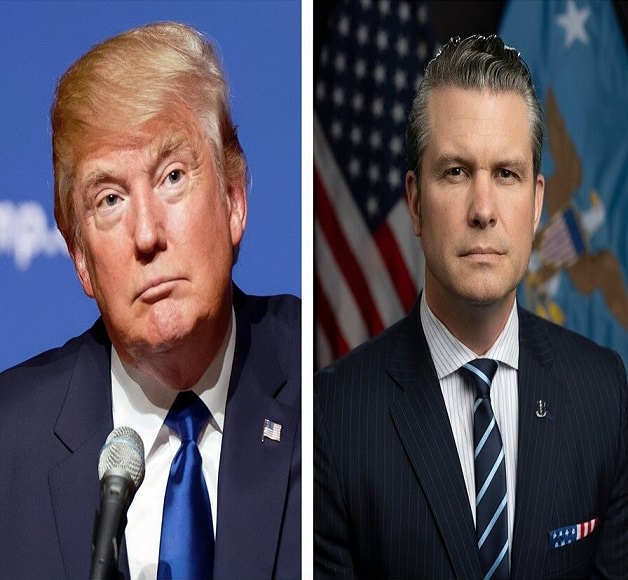Image Creator: Ted Eytan : Copyright: This material is licensed to the public under the Creative Commons Attribution-ShareAlike 4.0 International License
Congress Faces Fresh Filibuster Showdown as Trump Urges Republicans to Use the Nuclear Option Amid Shutdown Crisis
(CBS News,
CNN,
Politico,
Reuters).
What Is the Filibuster and the Nuclear Option?
The filibuster is a Senate tradition allowing a minority of senators to block legislative action unless 60 members vote for “cloture”. The “nuclear option” is a rare procedural maneuver to bypass the filibuster and pass measures by a simple majority
(ABC News,
BBC,
Axios).
What Triggered the Push?
The shutdown began October 1 after Congress failed to pass a continuing resolution. The impasse centers on healthcare premium tax credits and government reopening
(Reuters).
Facing delays in food-assistance and unpaid federal workers, Trump posted: “Get rid of the Filibuster, and get rid of it, NOW!”
(Politico).
Trump’s Push and Republican Response
Trump, speaking publicly and online, called the filibuster “obsolete,” advocating its elimination
(New York Times,
The Hill).
Senate Republicans, including Majority Leader John Thune, reject full elimination, stressing minority rights and legislative stability
(Politico,
PBS NewsHour).
Some Republicans, like Senator Tommy Tuberville, note it could be “probably a viable option”
(The Guardian).
Speaker Mike Johnson, House side, emphasized Senate control and warned of unintended consequences
(New York Post,
The Hill).
Why This Matters—And the Risks
- Immediate Effect: If Republicans eliminate the filibuster, they could pass funding and end the shutdown without Democratic support (AFN).
- Procedural Precedent: Major shift in Senate operations, removing minority protection, prompting sharp legislative swings (AFN, Newsweek).
- Political Dynamics: GOP needs unity, and erodes leverage next time they’re in the minority (Reuters).
- Public Impact: CBO estimates shutdown could reduce Q4 GDP by 1–2%, costing up to $14 billion (Reuters).
Expert Commentary and Local Perspectives
Senator John Fetterman (D-PA) said he supports the nuclear option to end the shutdown, citing urgent funding needs
(Inquirer.com).
Analysts note filibuster erosion for nominations and warn complete removal would make the Senate more majoritarian
(Le Monde.fr).
Local officials report anxiety as food banks prepare for SNAP expiration
(Washington Examiner).
Fact-Checking, Timeliness, and Caveats
Trump’s forceful remarks reflect partisan debate. Senate leaders confirm no imminent vote; changes could result in swift passage of divisive bills and impact confirmations
(BBC,
Reuters).
Where unconfirmed, speculative language is used.
Expert Commentary: Dr. Grace Hanley, American University, stated: “Congress’s decision on the filibuster impacts every American in how laws are made, debated and amended.”
Outlook and What’s Next?
Key question: Will GOP unify and remove the filibuster, or will tradition hold? If unchanged, expect continued standoff; if changed, immediate crisis may pass but long-term impacts loom
(Reuters).
Watch for further Senate action and statements
(C-SPAN).
References






